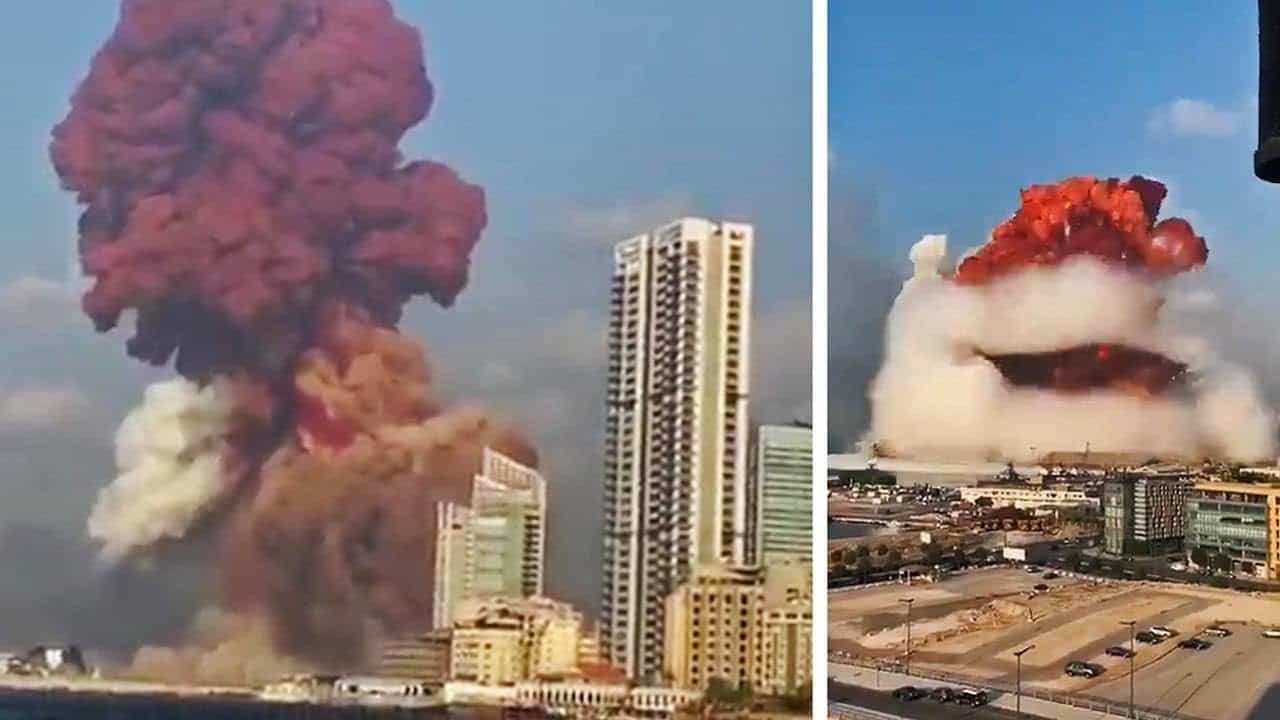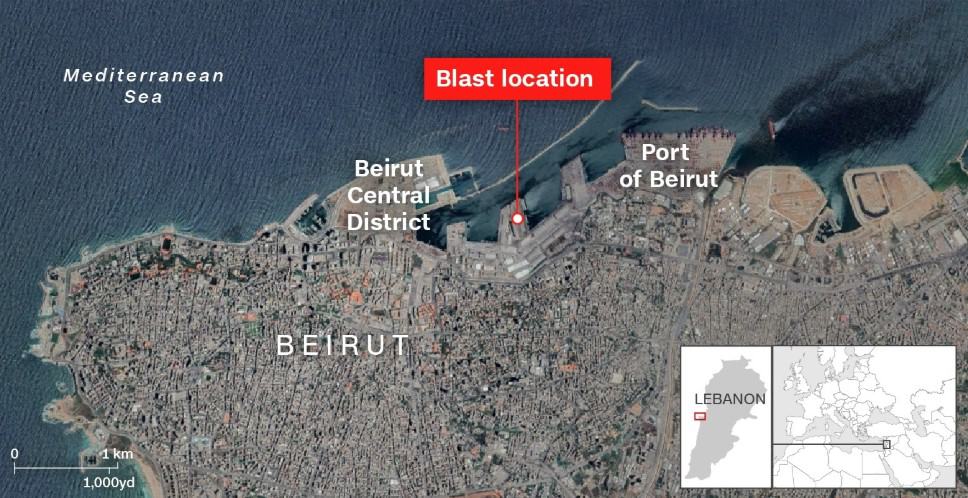When is it Too Soon to Speculate the Root Cause of a Major Incident?

Explosion Shocks Lebanon Capital
On August 8th, 2020, a massive explosion occurred at the port of Beirut, Lebanon. The explosion was captured from multiple camera angles. This major incident will require a massive coordinated emergency response from around the capital.
Initial reports stated that the explosion was the result of a fire at a fireworks warehouse. After only a few hours, reports began to speculate if the blast was caused by “confiscated high explosive material,” and there were also accusations of foul play by internal and external parties. What we do know is that homes were damaged up to 6 miles (10 kilometers) away, so the force of the blast was enormous.
So when you face a major incident what needs to be the first priority speculating root cause or . . .?

Three critical things you need to be concerned with initially after a major incident:
- Safely Stabilizing the Situation
- Coordinating with Emergency Response
- Evidence Collection and Preservation
There are a few acronyms that are used for initial response techniques “SAy ESPN” and “RESPOND.” These techniques are covered in the 5-day TapRooT® Advanced Root Cause Analysis Team Leader course and TapRooT® Book 4 “Using TapRooT® RCA for Major Investigations.
Companies must be ready to respond to major incidents such as this appropriately. Major events require companies and cities to prepare and drill response plans. If you want to learn how to prepare for a major investigation, check out the upcoming webinar, “Are You Prepared for a Major Investigation?”
Until the situation is stabilized and the facts are revealed, all we can do is pray for the people of Beirut.
Updates: Explosion is now thought to be caused by 2,750 tonnes of ammonium nitrate stored for six years without safety measures at the port, according to Lebanese President Michel Aoun. We will be keeping up with the information but looking at the damage it is shocking to imagine they will be able to find out exactly what started the fire resulting in the explosion.



